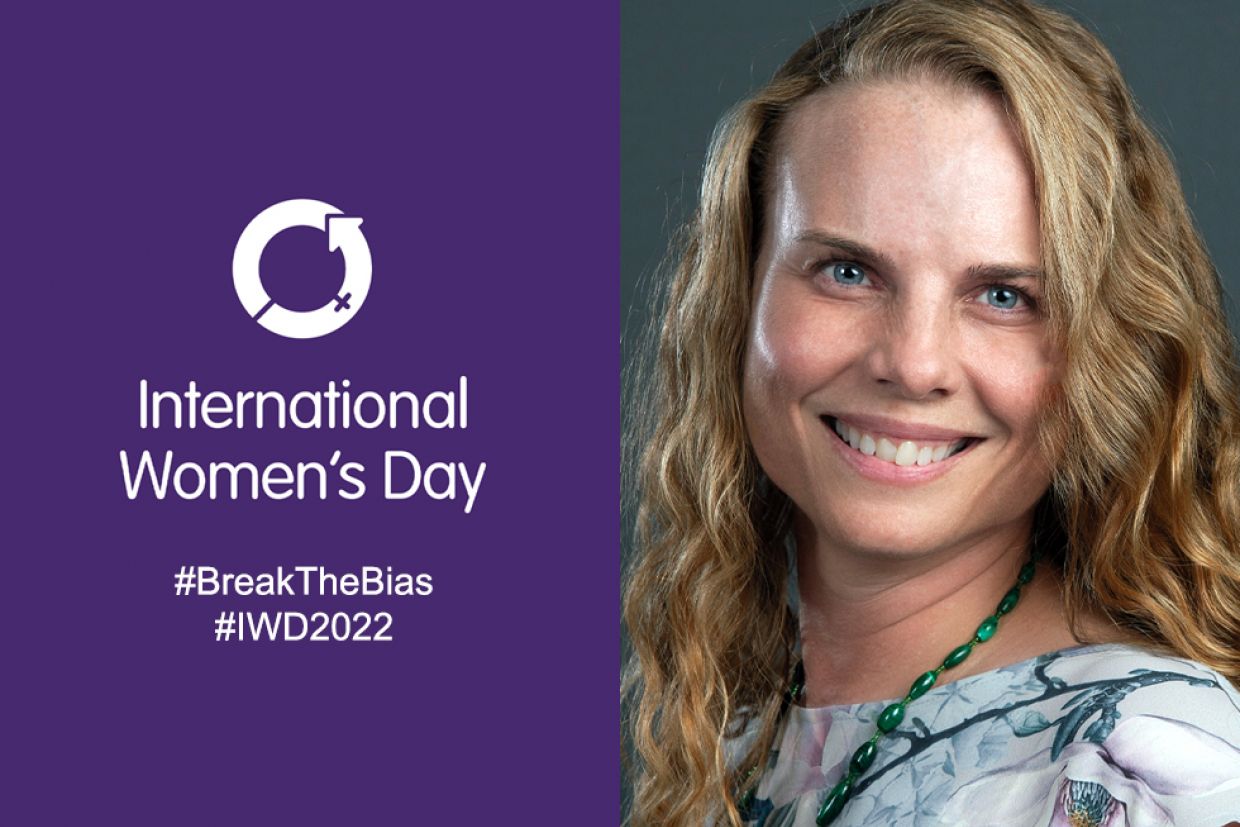Dr. Susan Bartels, associate professor of Emergency Medicine at Queen’s and Tier II Canada Research Chair in Humanitarian Health Equity, values a collaborative approach to public health. This approach has been beneficial not only for her research, but for the communities she serves.
As a public-health researcher, Dr. Bartels addresses how girls and women are affected by humanitarian crises, such as natural disasters, armed conflict, and forced displacement, which create considerable inequality in women’s health globally. For Dr. Bartels, social determinants of health, such as inequitable gender norms, insecurity, and systemic discrimination, further explain why women experience such health disparities.
Improving these discrepancies requires timely intervention and research, necessitating a collaborative response, Dr. Bartels says. This includes working with organizations such as the United Nations to improve peacekeeper training regarding sexual harassment and violence, as well as working with local partners to improve the efficiency of data collection and to promptly inform programming.
“All of the in-country research that we're doing outside of Canada is always through local partners,” she says. “These are the community-based organizations that have been working with women and girls facing particular challenges that know the context and the culture, have local language skills, and play a huge role in guiding everything that we do. I would look to them to lead anything in-country.”
This carefully guided collaborative approach also benefits her work in the Kingston community. A firm believer in experiential learning, Dr. Bartels knows field work improves her teaching. She says she looks forward to resuming this type of instruction with Queen’s students as pandemic-related precautions ease.
Her international research has made her more responsive to the needs of equity-deserving communities in Kingston, an awareness that has been enhanced by working with community-based research partners and a commitment to collaboration.
“I would like to think that I am more aware of social determinants of health and how they impact outcomes for patients,” she says.
Celebrate International Women's Day by supporting women in Arts and Science. Make a gift


